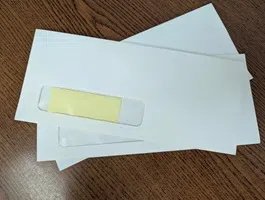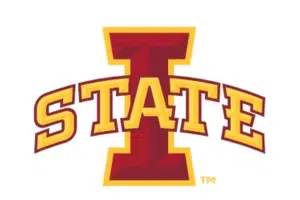(Area) U.S. Department of Agriculture Rural Development announced that the Agency is investing $4,780,000 in five grants and $23,829,320 in eight loans to projects in Iowa that promote rural small businesses, support higher education, and improve drinking water and sanitation infrastructure.
The 13 investments in 11 projects were made through three different USDA programs.
In southwest Iowa:
–City of Elk Horn received a $2,739,000 loan to help improve the controlled discharge lagoon wastewater treatment facility. This project will replace aged components and remove accumulated sludge. This project will slipline and seal sewers and manholes to reduce infiltration and inflow. Once completed, the project will mitigate an imminent health and sanitation hazard, enable the city to meet wastewater standards, and promote the health of residents of this rural Shelby County community.
–Harlan Municipal Utilities received a $2,644,000 loan to provide additional funding to improve the water system for the city of Harlan in Shelby County. This project will drill four new wells, construct four new well houses, install new raw water mains to connect the new wells to the existing distribution piping, and install new electrical conduit in the well field. The aged raw water transmission main currently limits available capacity to the treatment plant, which presents a health risk during periods of extended demand. Once completed, the project will provide adequate water supplies and will promote the health and safety of the residents of this rural community.
–Regional Water, a rural water association based in Avoca, received a $4,324,000 loan to help expand water service. This project will construct 12.25 miles of rural potable water piping infrastructure to two housing developments under construction in rural Pottawattamie County. The project will promote the health and safety of residents, businesses, and visitors in this rural area.
–City of Randolph received a $351,000 loan to provide additional financing to help improve the sewer collection system, lift station, and sewer lagoon system for this city in rural Fremont County. This project will help reduce excessive infiltration and inflow levels that have caused hydraulic overload and discharges more frequent than allowed by permit. This project will help improve water service and promote the health and safety of community residents, businesses, and visitors.












